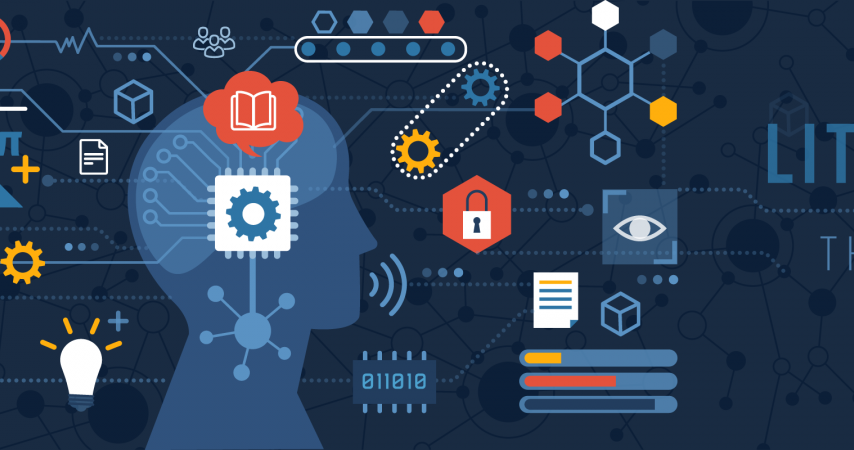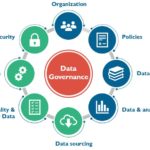This article provides thought leadership about Data Literacy and why it’s important for all. The world’s resources also evolve as we change. While change is inevitable, the one who succeeds will be the one that can benefit from it. The catalyst for intelligence in data is human beings. They use their skills and knowledge to enhance their intelligence. They have already learned how to extract the most benefit from natural resources. Now their focus is on data.
Digital transformation is all around us and has an equally significant impact on our lives at work and home. We are being forced to redefine our roles due to the automation and digitalization of daily administration. It is a great time to think about how your organization can compete in an industry that is becoming increasingly digital.
Data literacy guide for data and analytics leaders
To enable data-driven businesses, champion data literacy and teach data as an additional language
Imagine a company where the marketing team speaks French, product designers speak German and the analytics team speaks Spanish. No one speaks another language. It would be difficult to communicate business value and the reasons why certain technologies are important, even if the organization was digitally integrated.
This is the most common problem in a data-driven company that lacks data literacy. It doesn’t matter how important data and analytics are to a digital business. Effective data and analytics-based communication or decision-making cannot be achieved if no one from the department understands.
Data literacy is the ability to use data effectively and efficiently. It is important because data is essential to understanding how the world works. Data literacy can help us make better decisions, monitor our health, and save money. A data literacy consultant can help you understand how to use data effectively and make sure that you are using it in the most responsible way possible.
Data literacy is an essential component of digital dexterity
Core technology requires the ability to communicate using a common data language and share understanding. This is what makes the difference between achieving value from data analytics and being outdone by competitors who already have it as a core skill.
Depends on data literacy. This refers to an employee’s ability to and desire to use emerging and existing technology to achieve better business outcomes. It is another crucial skill for digital business.
Ask the right questions about data and analytics
Leaders in data and analytics are responsible for creating a narrative that promotes data literacy and highlights the business benefits.
These five questions will help you assess your organization’s data literacy.
- What percentage of employees can you believe can understand simple statistical operations (such correlations) or can judge averages in your business?
- How many managers can they build a business case using concrete, relevant, and accurate numbers?
- How many managers can explain the output of their processes or systems?
- How many data scientists are capable of explaining the outputs of machine learning algorithms to their users?
- How many customers can truly understand and absorb the essence of the data that you share?
Organizations must not only educate those involved in creating data-driven products and solutions but must also make sure they reach the goal of teaching all employees data as their second language and developing communities where the language can flourish.





